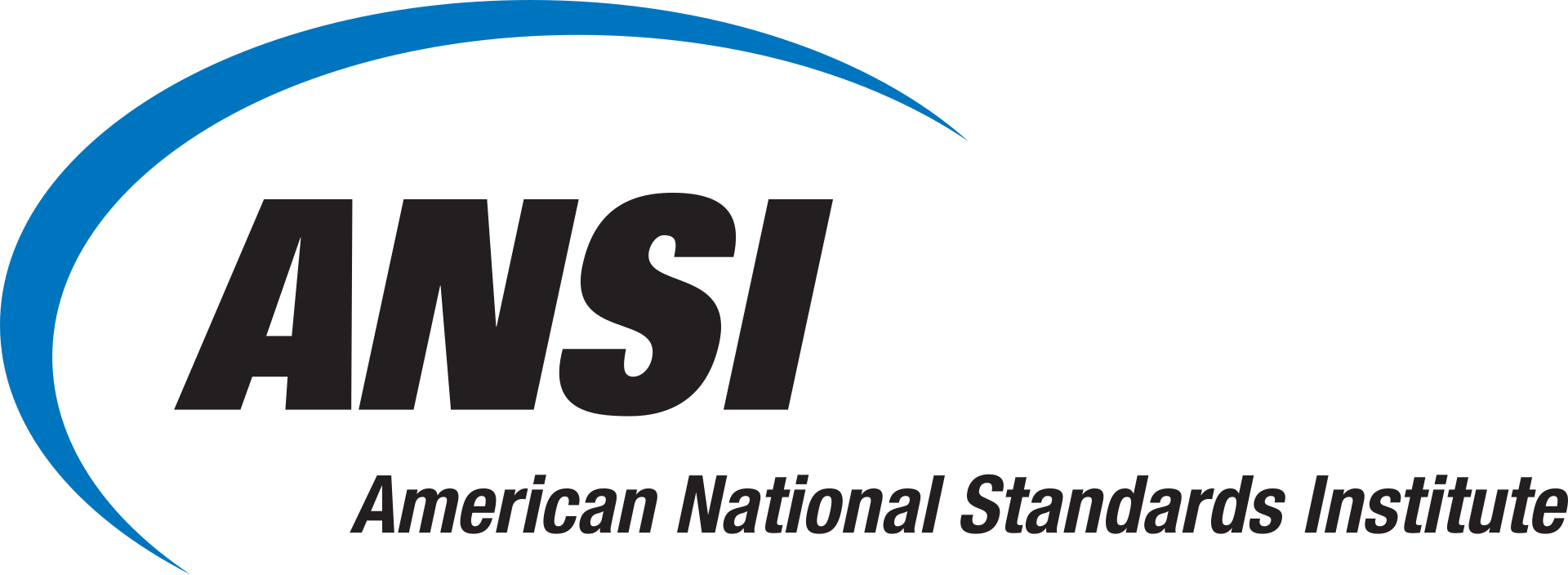IWA 48: Environmental, Social & Governance (ESG) Principles

76% of consumers would cease doing business with a company that neglects environmental, social, and governance (ESG) principles; further, studies show ESG propositions can positively impact equity returns by 63%, with many investors prioritizing ESG factors when making investment decisions. This is all to say, ESG in business has become synonymous with responsible and forward-thinking corporate practice. IWA 48: Framework for implementing environmental, social and governance (ESG) principles provides high-level guidance on the elements of ESG, helping guide organizations in implementing ESG practices within their organizational culture.
ESG: What Does It Stand For?
ESG stands for Environmental, Social, and Governance. It is a strategic and operational framework that measures a company’s performance in these three pillars:
- Environmental: Factors related to a company’s impact on the environment, such as energy consumption, carbon footprint, waste management, and pollution
- Social: Factors related to a company’s social impact, such as human rights, labor standards, and integration with local communities
- Governance: Factors related to a company’s governance, such as business ethics, compliance, accounting methods, and leadership selection
What Is ESG?
IWA 48 specifies ESG aims to assist organizations (of any size and type) to implement and report on their activities, products, services, and commitment to support the achievement of sustainable development, social justice, and good governance. Hence, this framework is often used to evaluate the sustainability and ethical impact of a business or investment.
What Is IWA 48?
IWA 48 provides a high-level framework and set of principles to give guidance on how to implement and embed environmental, social and governance (ESG) within the culture of an organization to support management of ESG performance, measurement and reporting, enabling consistency, comparability, and reliability of ESG reporting and practices globally. This document helps organizations to provide integrated solutions, with measurable key performance indicators (KPIs) to support the evaluation of maturity levels within the organization.
IWA 48 is applicable to a wide range of organizations of all types and sizes across the globe including small and medium-sized enterprises (SMEs) and organizations in low- and middle-income countries. It is complementary and interoperable with existing voluntary and regulatory reporting frameworks to facilitate global harmonization and alignment on ESG principles and approaches and is not in itself a reporting framework.
Why Does ESG Matter to Your Business?
Serving as a powerful tool for unlocking growth opportunities, reducing costs, and strengthening a brand’s public image, ESG is important to any type of business. Adopting ESG brings a clearer focus on an organization’s impacts on the environment and society, including contribution to the delivery of the United Nations (UN) Sustainable Development Goals (SDGs) as well as evaluating the impacts of the environment and society on the organization. In fact, currently 90% of S&P 500 companies release ESG reports. These reports are used to assess a company’s sustainability efforts and societal impact. This transparency of an ESD report not only helps to foster trust and strength relationships with stakeholders but also helps business make sound decisions, take appropriate actions, and align with growing societal expectations for corporate responsibility,
Benefits of ESG Reporting and Data for Businesses
IWA 48 notes in Section 4.6.2 (Rationale) in Part 4.6 (KPI measurement framework for ESG standardized reporting) that organizations that prioritize ESG initiatives are often highly regarded by investors, other businesses, and clients. For instance, globally standardized ESG data can strengthen an organization’s credit rating and positioning the global debenture markets.
Additionally, IWA 48 specifies that data-driven evidence of an organization’s sustainability performance, social inclusivity, and governance commitments can enhance an organization’s reputation and competitiveness. For example, the Harvard Business Review found that environmental responsibility is increasingly associated with positive financial returns, and their research shows that 70% of investors believe “there is a lot of money to be made in the clean energy transition.”
In sum, ESG data helps organizations showcase their commitment to sustainable development, which can lead to increased investment, economic growth and job creation.
IWA 48: Framework for implementing environmental, social and governance (ESG) principles is available for free on the ANSI Webstore as well as in the following Standards Packages:
- ASTM E3377 / ISO 14026 / ISO 14025 / ISO 14024 – Environmental Labels Declarations and Disclosure ESG Package
- ISO 10018 / ISO 9001 / ISO 14001 – Quality and Environmental Management ESG Package
- ISO 14001 / ISO 14002-1 / ISO 14004 / ISO 14006 – Environmental Management Systems ESG Package
- ISO 14007 / ISO 14008 / ISO 14015 / ISO 14016 / ISO 14040 / ISO 14044 / ISO 14045 – Environmental Management ESG Package
- ISO 14064-1 / ISO 14067 / IWA 42 – Greenhouse Gases ESG Package
- ISO 14068-1 / ISO 14090 / IWA 42 – Climate Change ESG Package
- ISO 17298 / ISO 17620 / ISO 17317 – Biodiversity ESG Package
- ISO 22526 – Carbon and Environmental Footprint of Plastics ESG Package
- ISO 31000 / IEC 31010 / ISO 31073 / IWA 31 – Risk Management ESG Package
- ISO 37000 / ISO 37004 / ISO 37005 – Governance of Organizations ESG Package
- ISO 37101 / ISO 37104 / ISO/TS 37107 / ISO 37122 – Sustainable Cities and Communities ESG Package
- ISO 50001 / ISO 50002 / ISO 50006 / ISO 50047 – Energy Management ESG Package
- ISO 59020 / ISO 59010 / ISO 59004 – Circular Economy ESG Package
- ISO 9001 / ISO 9004 / ISO 10010 – Quality Management ESG Package
- ISO/TS 17033 / ISO 37001 / ISO 37002 / ISO/TS 37008 – Ethical Organizational Governance ESG Package
- ISO/TS 24178 / ISO 30415 – Human Resource Management ESG Set






